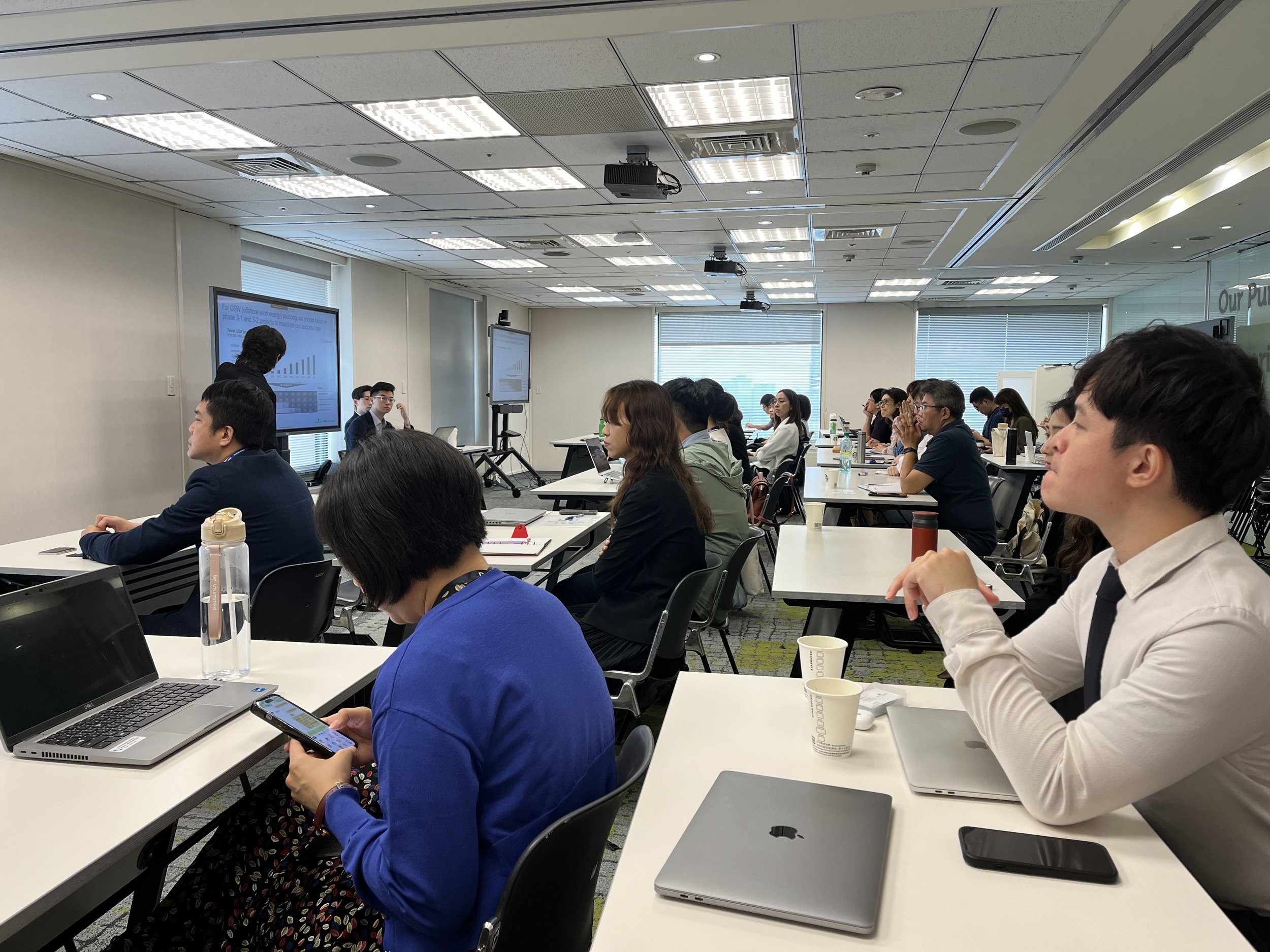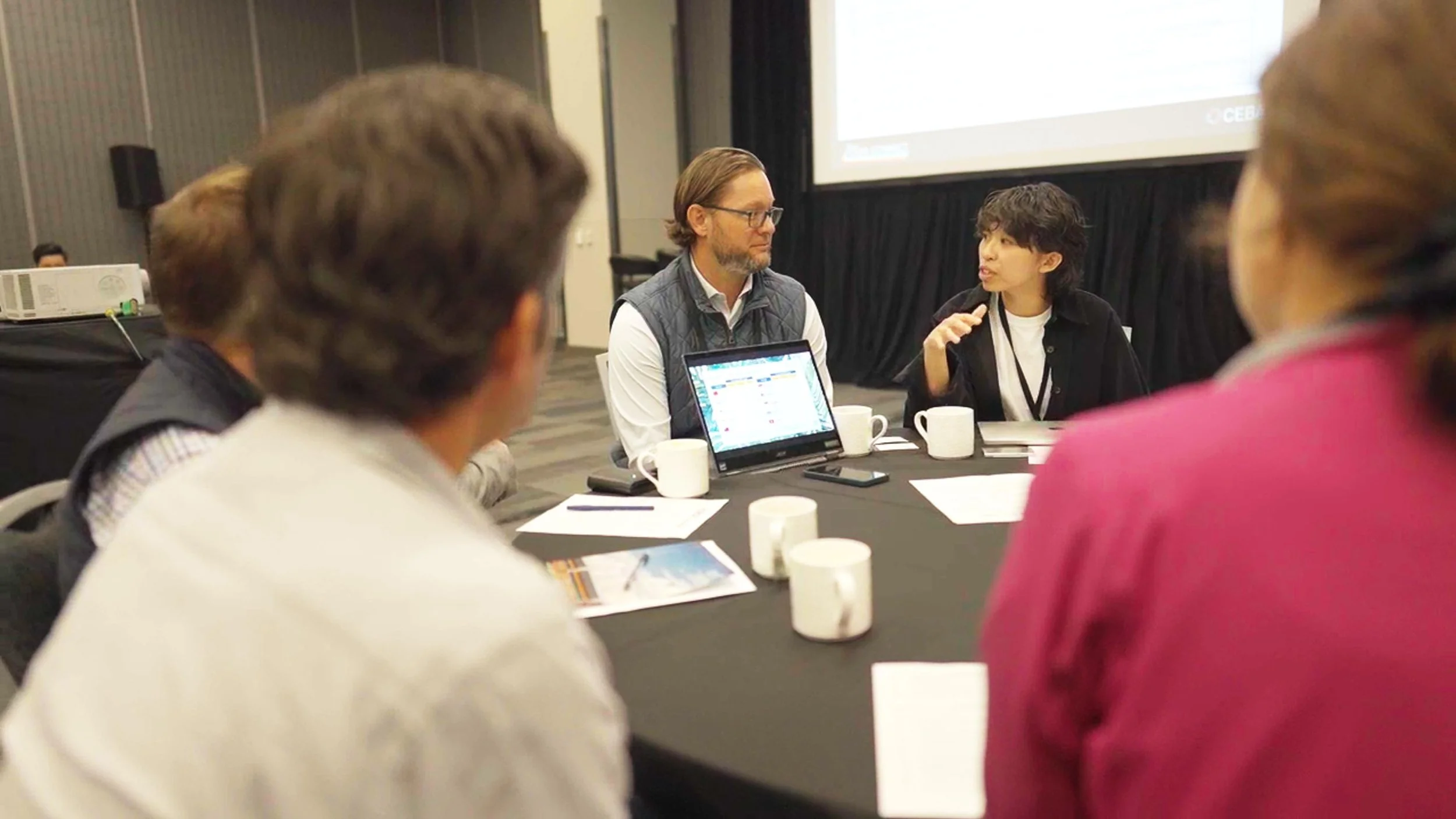
Our Work
The next decade is critical for the health and well-being of our planet and our communities.
Apala Group is a consulting and procurement services firm dedicated to accelerating the corporate clean energy and sustainability transition in Asia and the Americas. We provide support to global corporations, project developers, NGOs and key market stakeholders in these regions.









-
Supply Chain Decarbonization refers to the comprehensive process of reducing carbon emissions across the entire supply chain, focusing specifically on Scope 3 emissions, which include indirect emissions from upstream and downstream activities. This involves identifying key emission hotspots, working with suppliers and partners to implement tailored, data-driven strategies, and integrating innovative technologies and practices that reduce environmental impact. By advancing decarbonization efforts across every stage of the supply chain—from raw material sourcing to product end-of-life—organizations can not only reduce their carbon footprint but also drive sustainable practices that enhance efficiency, reduce costs, and contribute to long-term climate goals.
-
Renewable Energy refers to the strategic transition from conventional fossil fuels to clean, sustainable energy sources, such as wind, solar, and hydropower, within corporate operations. This transition is achieved through tailored procurement solutions that meet the unique energy needs of each organization, optimizing cost-efficiency while advancing sustainability goals. By implementing customized renewable energy strategies, companies can reduce their carbon footprint, secure long-term energy price stability, and support the global shift towards a low-carbon economy. These solutions may include power purchase agreements (PPAs), green tariffs, and direct investments in renewable energy infrastructure, ultimately helping companies achieve energy resilience and contribute to broader climate action.
-
Sustainable Buildings focus on improving the environmental performance of structures through energy-efficient design, smart technologies, and effective resource management. This approach reduces a building's carbon footprint by optimizing energy use, incorporating renewable energy sources, and implementing energy-efficient systems such as smart lighting, HVAC, and insulation. In addition to energy, sustainable buildings prioritize water conservation through advanced plumbing solutions, rainwater harvesting, and efficient irrigation systems. Waste management strategies—such as recycling programs and waste-to-energy systems—further minimize environmental impact. By integrating these energy-smart infrastructure elements with strategic sustainability practices, organizations can achieve significant cost savings, enhance occupant well-being, and contribute to long-term environmental goals.
-
Biodiversity encompasses the protection, preservation, and restoration of ecosystems, species, and genetic diversity to maintain a balanced and thriving natural environment. In the context of business, it involves integrating sustainable practices that safeguard habitats, protect wildlife, and support ecological resilience. By prioritizing biodiversity, companies can contribute to the restoration of ecosystems that provide critical services such as clean air, water, and soil, while also mitigating risks associated with climate change and resource depletion. Emphasizing biodiversity not only fosters harmony between nature and business operations but also creates long-term value, enhances brand reputation, and supports global sustainability efforts.
-
Carbon management involves implementing comprehensive, science-based strategies to reduce greenhouse gas emissions across all business activities, driving both climate resilience and sustainable growth. This process starts with measuring and understanding the carbon footprint of operations, products, and supply chains, followed by setting clear reduction targets aligned with international climate goals. By adopting low-carbon technologies, optimizing energy use, and transitioning to renewable energy sources, businesses can mitigate their environmental impact. Additionally, companies can invest in carbon offsetting initiatives and explore innovative solutions like carbon capture and storage (CCS) to further neutralize emissions, ensuring long-term sustainability and creating value in an increasingly eco-conscious market.
-
Social Impact involves leveraging meaningful stakeholder engagement to foster equitable and inclusive development, ensuring that businesses contribute positively to the communities they operate in. This approach goes beyond philanthropy, focusing on creating long-term, measurable outcomes that improve social, economic, and environmental conditions for all stakeholders. By actively collaborating with local communities, employees, and other partners, companies can identify key challenges and opportunities for positive change. Implementing targeted programs—such as job creation, education, healthcare, and infrastructure—ensures tangible benefits for marginalized or underserved populations. This not only helps advance social equity but also strengthens relationships, builds trust, and enhances the company’s reputation and resilience.
Case Studies
Sustainability Program Development
Apala Group consults and supports Uber México through their Uber Planet program which allows users to voluntarily pay an extra amount for each ride they hail on the app. Through the program Apala Group calculates the carbon emissions associated with the program and manages the funding of socio and environmental regeneration projects throughout Mexico.
Scope 3: Supply Chain Decarbonization Workshop
Apala Group delivered a Net Zero workshop in to a large group of key REI supply chain partners in Taiwan, with content focused on renewable energy, carbon markets, Taiwan Net Zero initiatives, and government policies. The workshop was customized to suit client need and delivered in Mandarin.
Sustainability as a Service
Apala Group is Polar Salud’s exclusive sustainability partner to help design and execute a multi-year sustainable infrastructure, social program and climate initiative solely focused on the health sector in Mexico. The effort includes a monthly service to function as Polar Salud’s sustainability team, helping to embed science based climate decisions in their company strategy.
We believe it is our responsibility to act now to catalyze clean energy economies and restore our ecosystems for the benefit of future generations.
Trusted by










